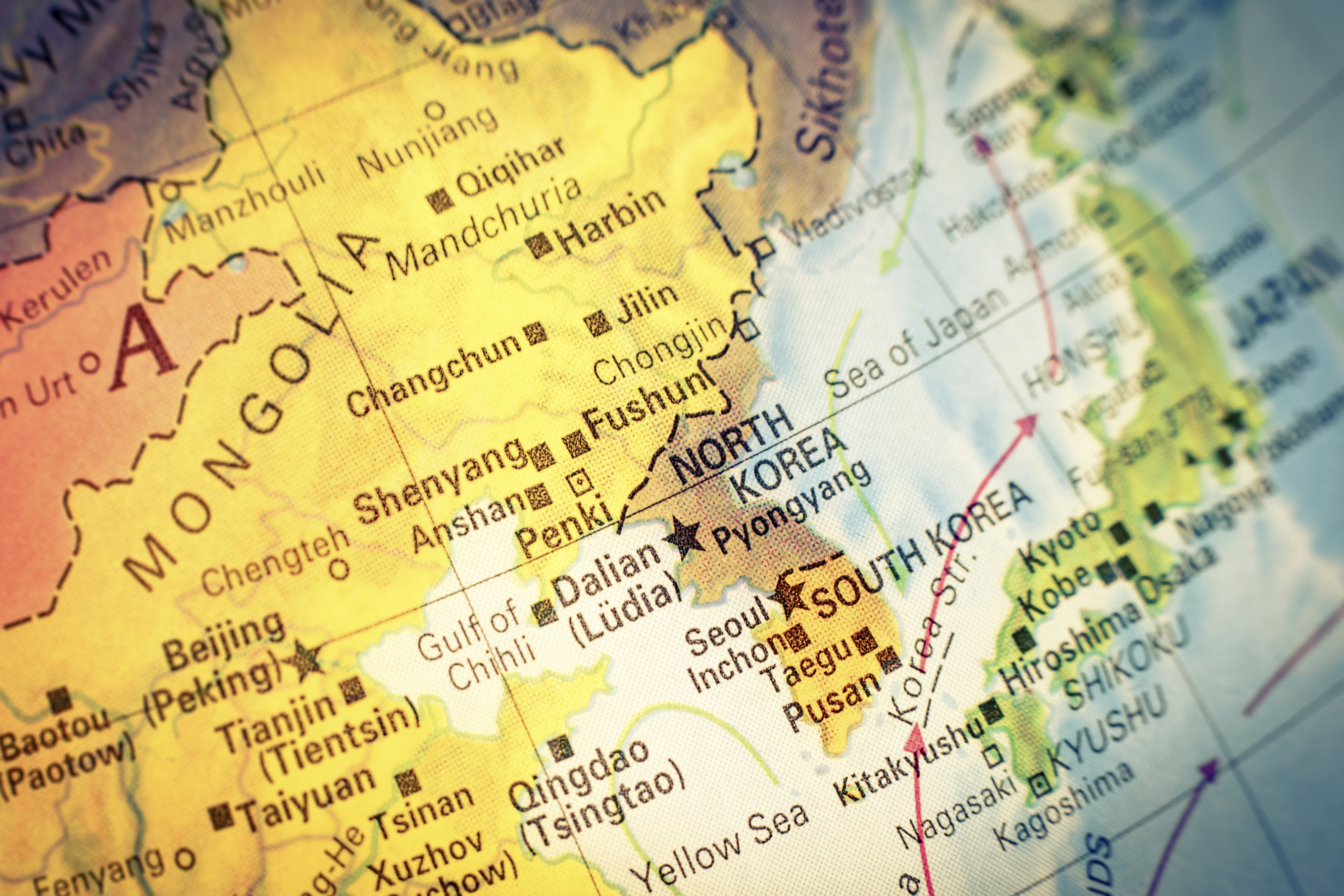George Orwell famously commented that nationalism is one of the "worst enemies of peace," feeding on grievance and insecurities, appealing to primordial instincts and unifying by invoking past traumas. Indian author Rabindranath Tagore also warned about this "great menace," arguing that nationalism enables people to escape responsibility for their immoral actions. More recently, Haruki Murakami wrote that it is "like cheap alcohol. It gets you drunk after only a few shots and makes you hysterical. It makes you speak loudly and act rudely ... but after your drunken rampage you are left with nothing but an awful headache the next morning."
But it could be considerably worse than a throbbing hangover.
Is peace in Asia threatened by untethered nationalist sentiments? Nationalism is only one of many risks to peace in Asia and is probably not the main factor propelling the region toward the abyss of war. Nationalism is fairly robust across the region, but extrapolating from that to war is not as straightforward as it may seem.



















With your current subscription plan you can comment on stories. However, before writing your first comment, please create a display name in the Profile section of your subscriber account page.